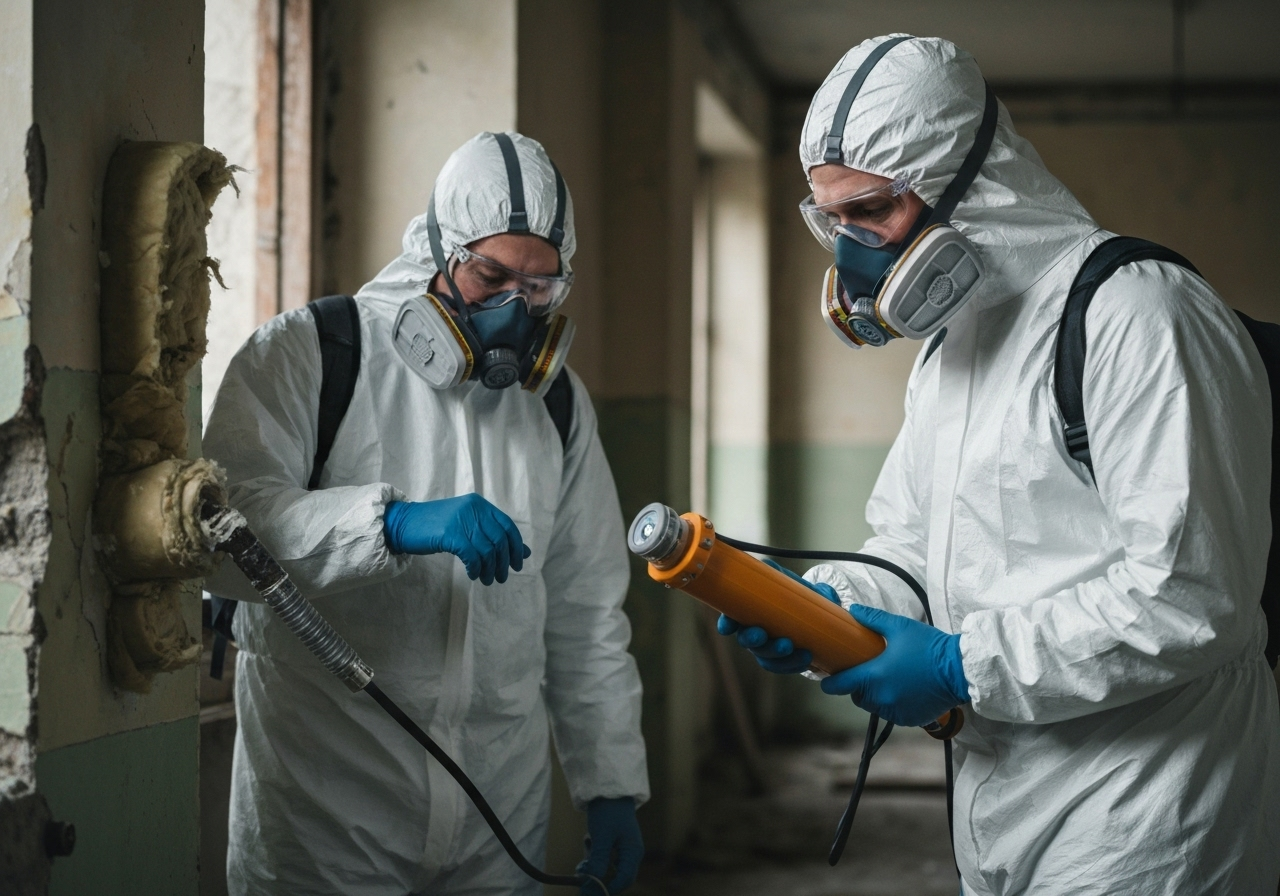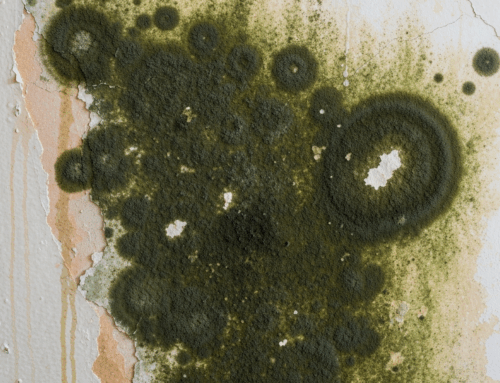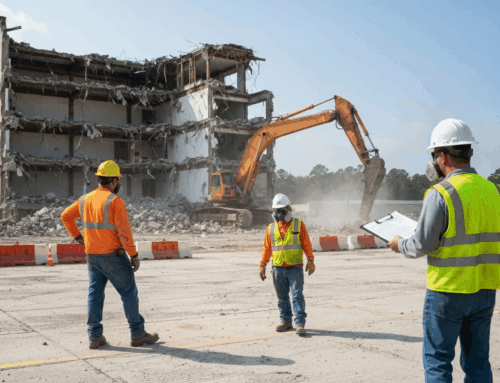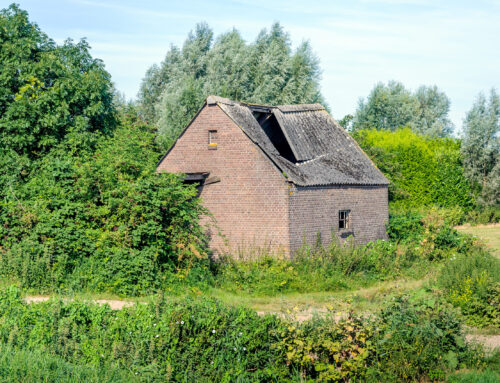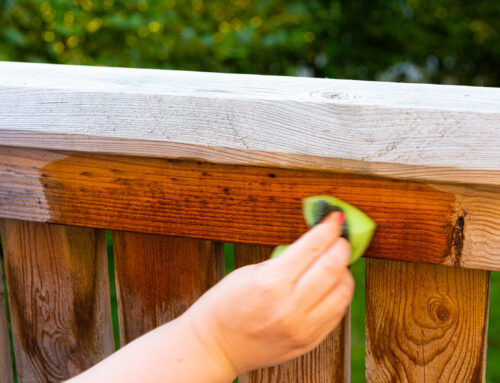Introduction: Navigating Asbestos Regulations in South Carolina
For property owners, managers, and contractors in the Palmetto State, understanding SC DES asbestos requirements 2025 is not just good practice—it’s a critical legal and safety imperative. Asbestos, a naturally occurring mineral once lauded for its fire-resistant and insulating properties, poses severe health risks when disturbed, making strict adherence to regulations paramount. In South Carolina, the Department of Environmental Services (SCDES) acts as the primary regulatory body overseeing asbestos management and demolition activities. Navigating these complex rules ensures the safety of workers, building occupants, and the environment, preventing costly fines and devastating health consequences. Our comprehensive guide to navigating SCDES asbestos demolition regulations in South Carolina offers further insight into achieving safe compliance.
Understanding SC DES asbestos requirements 2025: What Property Owners Must Know
The South Carolina Department of Environmental Services (SCDES) plays a central role in protecting public health and the environment by regulating asbestos. Its comprehensive asbestos program provides guidelines and mandates for handling asbestos-containing materials (ACMs). For 2025, property owners must be aware that the SCDES regulations, often mirroring federal standards, are designed to minimize airborne asbestos fiber release during renovation, repair, and demolition activities. This means that a proactive approach, including diligent inspections and proper planning, is essential before any work begins. Failure to comply can result in significant legal liabilities and expose individuals to life-threatening diseases such as mesothelioma and asbestosis.
Who Needs to Comply? SC DES Rules for Homeowners, Businesses, and Contractors
The reach of SC DES asbestos requirements 2025 extends to a broad spectrum of individuals and entities within South Carolina. While the most stringent regulations typically apply to commercial, institutional, and multi-unit residential properties, homeowners are not entirely exempt, especially concerning safe disposal. Generally:
- Businesses and Commercial Property Owners: Virtually all renovation or demolition projects in commercial or public buildings must comply with SCDES asbestos regulations, including mandatory inspections, notifications, and professional abatement.
- Contractors: Any contractor performing asbestos abatement, renovation, or demolition work where asbestos may be disturbed must be licensed by the state and adhere to strict work practices, training, and disposal protocols.
- Homeowners: Single-family homes and residential buildings with four or fewer dwelling units occupied solely as residences often have limited exemptions from some federal and state asbestos inspection mandates. However, if asbestos is present and disturbed, safe handling and proper disposal are still legally required to prevent health risks. It’s always prudent for homeowners of older properties to assume asbestos presence. For a deeper dive into these legal aspects, our article on understanding South Carolina asbestos removal laws is an invaluable resource.
Key Aspects of SC DES Asbestos Regulations for Renovation and Demolition Projects
When planning renovation or demolition, several key SCDES regulations come into play to ensure asbestos is handled safely:
- Pre-Demolition/Renovation Inspection: For most non-exempt properties, a certified asbestos inspector must conduct a thorough survey to identify all asbestos-containing materials before any work begins. This assessment guides the entire project.
- Notification Requirements: The SCDES Bureau of Air Quality must receive written notification a minimum of 10 working days prior to demolition or renovation activities involving asbestos. This waiting period allows the agency to review plans and ensures compliance. Information on renovations and demolitions regulations is available from SCDES.
- Friable vs. Non-Friable Asbestos: A critical distinction in regulations is between friable and non-friable asbestos. Friable asbestos-containing materials (easily crumbled by hand, e.g., pipe insulation) pose a higher risk and generally require removal before demolition. Non-friable materials (e.g., floor tiles) are more stable but can become friable if damaged during demolition.
- Work Practices: Specific work practices, including wetting materials to prevent fiber release and proper containment, are mandated during asbestos removal.
Adhering to these steps is crucial for a compliant and safe project.
The Critical Importance of Compliance: Health, Legal, and Financial Risks
The necessity of understanding SC DES asbestos requirements 2025 cannot be overstated. Non-compliance carries severe consequences that impact health, legal standing, and financial stability.
Health Risks
Exposure to airborne asbestos fibers can lead to debilitating and often fatal diseases, including:
- Mesothelioma: A rare and aggressive cancer affecting the lining of the lungs, abdomen, or heart.
- Asbestosis: A chronic lung disease causing scarring of lung tissue, leading to shortness of breath.
- Lung Cancer: Asbestos exposure significantly increases the risk of lung cancer.
These diseases often have a long latency period, sometimes appearing decades after initial exposure.
Legal and Financial Risks
South Carolina law, including Section 44-87 of the Code of Laws, outlines the asbestos abatement license requirements and sets penalties for violations. Failure to comply with SCDES regulations can result in:
- Significant Fines: Civil penalties can be substantial, reaching tens of thousands of dollars per violation per day.
- Project Delays: Non-compliant projects can be halted by regulatory agencies, leading to costly delays and disruption.
- Legal Liabilities: Property owners and contractors may face lawsuits from exposed workers or individuals suffering from asbestos-related illnesses.
- Increased Cleanup Costs: Improper abatement often leads to wider contamination, necessitating more extensive and expensive cleanup efforts.
Ultimately, prioritizing compliance is an investment in safety and peace of mind.
Why Professional Asbestos Abatement is Non-Negotiable for Your SC Property
Given the severe risks and intricate regulations associated with asbestos, professional asbestos abatement is not merely an option—it is a non-negotiable step for properties in South Carolina where asbestos is present and will be disturbed. Licensed asbestos abatement contractors possess the specialized knowledge, training, and equipment to safely manage this hazardous material. They are experts in understanding regulatory determinations and ensuring all procedures comply with federal and state laws.
Key reasons to engage professionals include:
- Expert Identification: Professionals can accurately identify ACMs and assess their condition.
- Safe Containment: They establish controlled work areas to prevent the spread of asbestos fibers.
- Proper Removal Techniques: They employ techniques that minimize fiber release, such as wet removal.
- Air Monitoring: During and after abatement, air quality is monitored to ensure safety.
- Legal Compliance: Professionals handle all necessary permits, notifications, and disposal documentation, ensuring adherence to the latest SC DES asbestos requirements 2025.
For more on safely addressing hidden hazards before construction, explore our guide on removing hazardous materials before demolition in SC.
Piedmont Quality Air: Your Partner for Safe and Compliant Asbestos Removal in SC
At Piedmont Quality Air, we understand the critical importance of adhering to SC DES asbestos requirements 2025 and all related environmental safety protocols. Our team of experienced and highly trained professionals is dedicated to ensuring the safety and health of your living and working environments across South Carolina. We utilize specialized equipment and proven techniques for comprehensive asbestos removal, mold remediation, and interior demolition services, always operating in strict compliance with federal and state regulations.
Whether you’re undertaking a planned renovation, a major demolition, or dealing with unexpected damage from severe weather, like those requiring post-flood asbestos mold remediation, our commitment to minimizing disruption while upholding the highest safety standards remains steadfast. We offer free estimates, providing tailored solutions designed to meet your specific needs and ensure your project proceeds safely and legally.
Your Next Steps: Ensuring a Safe and Compliant Environment in South Carolina
Ensuring a safe and compliant demolition or renovation project in South Carolina, especially when asbestos is involved, requires diligence and professional support. By prioritizing proactive assessment, understanding the nuances of SC DES asbestos requirements 2025, and engaging certified experts, you safeguard not only your property but also the health and well-being of everyone involved and the surrounding community. Remember to adhere to proper disposal guidelines, which the SCDES outlines, including details on asbestos disposal. If your property has been affected by severe weather, specific guidance on asbestos removal safety for homeowners and businesses after a severe weather event is also available. Taking these essential steps ensures a responsible and successful project in the Palmetto State.
Ready to take the next step? Visit our Contact Us page to get started!

